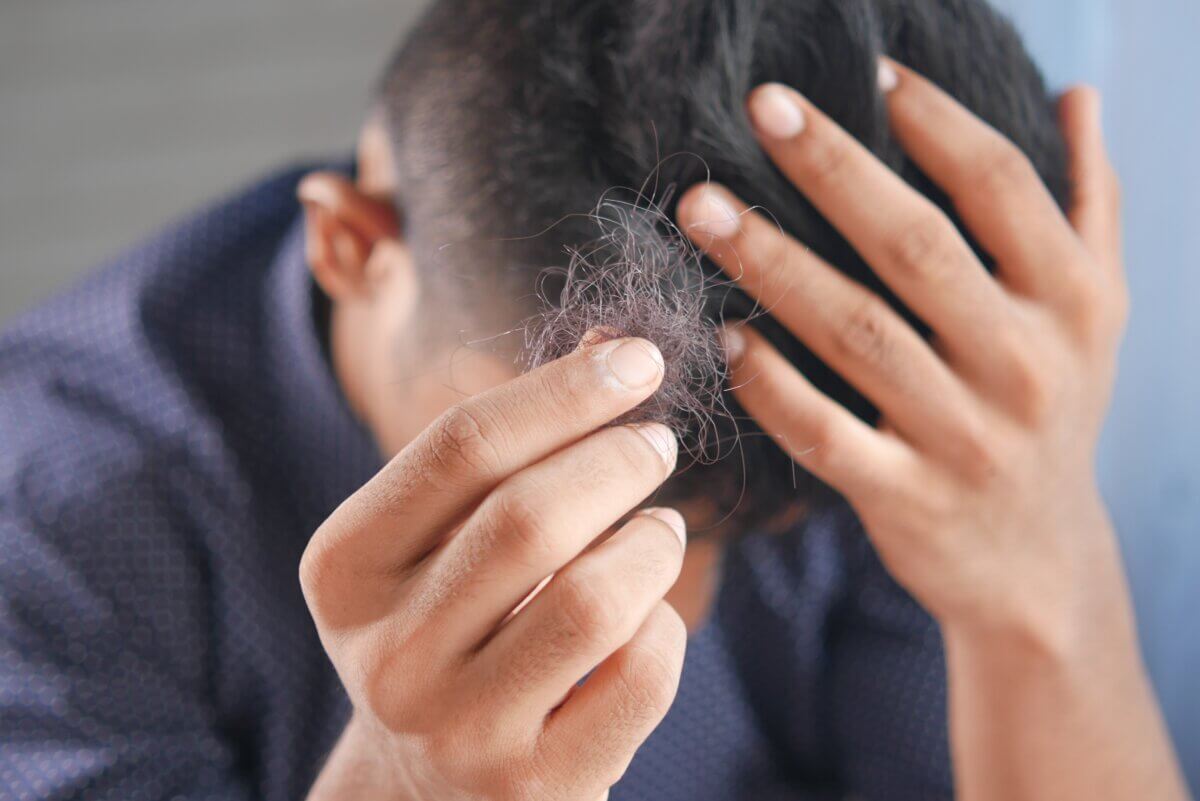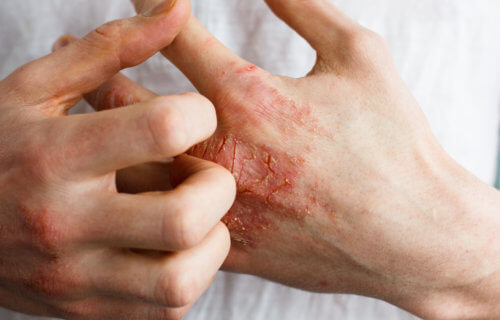CHICAGO — Hair-pulling and skin-picking disorders are uncommon conditions you don’t usually hear a lot about, but they can wreak havoc on the lives of those dealing with them. Now, there may be a breakthrough in treatment. Researchers from the University of Chicago Medicine find that a common Alzheimer’s drug effectively lowers symptoms of adults who compulsively pull their hair or pick their skin.
At this time, unfortunately, there aren’t an FDA-approved medications available for these disorders, meaning that those who suffer from them often experience emotional stress and become less socially active as a result of their skin damage and hair loss.
“A person’s self-esteem is greatly impacted by these behaviors, so they may not go for interviews for a better job, for example. They may not have the social life they want,” says lead author Jon Grant, MD, professor of psychiatry and behavioral neuroscience at the University of Chicago Medicine, in a media release.
How do these disorders connect to the brain?
Although trichotillomania (a hair-pulling disorder) and excoriation disorder (skin-picking) are technically two different diagnoses, they are similar in a lot of ways. With that in mind, researchers say a drug called memantine may be able to help with both. Memantine is currently approved for treating thinking and memory impairment in people with Alzheimer’s disease. Previous findings show both disorders feature disorganized areas of white matter in certain parts of the brain that regulate motor skills.
This suggests to researchers that glutamate, a neurotransmitter critical to learning and memory, may play a role here. Neurobiologists already largely agree on its association with the development of obsessive-compulsive disorder (OCD).
As far as available drugs, “we don’t have a lot of options about what might modulate glutamate in the brain,” Grant says.
However, doctors also prescribe memantine off-label for different psychiatric disorders, with patients largely tolerating the drug. As Grant was beginning to study the possibilities, one of his patients received a prescription for memantine for another condition and reported something surprising along the way.
“It came kind of serendipitously,” Grant continues. “One day the patient told me, ‘Wow, that stopped me from pulling my hair.’”

The drug actually cured some cases of these disorders
To study this, Grant and researchers included 100 adults with trichotillomania or a skin-picking disorder, enrolled in a double-blind trial of memantine for eight weeks. The team assessed patients taking either memantine or a placebo every two weeks using the National Institute of Mental Health Trichotillomania Symptom Severity Scale. They modified it to assess skin-picking, since there isn’t a common measurement tool for it. Two people dropped out after reporting dizziness, and 79 fully completed the study.
After eight weeks, 26 out of 43 study participants taking memantine saw “much” or “very much” improvement in their symptoms, compared to only three of the 36 taking a placebo. Interestingly, six people in the memantine group and one in the placebo group experienced complete relief of their symptoms.
The analysis found that memantine is more effective than other treatments, including behavioral therapy, which is usually the first-line option for therapists treating people with these disorders. Other drugs studied so far include olanzapine (used to treat schizophrenia and bipolar disorder), clomipramine (used to treat OCD), and N-acetylcysteine (an over-the-counter supplement with anti-inflammatory properties).
“The results did show that the medication helped more than the placebo, for which I was very pleased, but it tells me that there’s still a lot more to do,” Grant concludes. “Even though the results were promising, it was still a very small minority of people in terms of complete remission of symptoms.”
To Grant, this means that there are several different avenues of research to go down now, like combining memantine with behavioral therapy or N-acetylcysteine — which has shown good results in other studies led by Grant. Long-term memantine use and different doses of it are also areas to look into as well.
The findings appear in the American Journal of Psychiatry.

